Choosing A Neighborhood
By Cynthia Doggett
 You know you want to build. You have your dream house plan in mind. But where?
You know you want to build. You have your dream house plan in mind. But where?
Haven’t you heard? Location, is everything. In fact, location has the greatest effect on everything to do with your investment—in terms of property value and your family’s well-being. Choosing a neighborhood sounds easy enough, but there are considerations that should be investigated and guidelines that will help you make a sound decision.
Despite distinct differences in objectives, most people require some basic qualities that make a neighborhood desirable including: low crime rate, nearby shopping areas, good public facilities like community centers or parks, well maintained homes and convenient commuter options.
A way to begin your research about a community is to start with statistics. Log on to the Internet and you can check crime statistics and demographic and lifestyle data. Good school systems are an indicator of a healthy community and can effect your property’s resale value. A real estate agent should be able to provide you with detailed reports on the local schools.
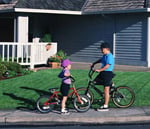 Web resources will also help. Check out websites for state and local government in your prospective neighborhood for information about schools, taxes and public facilities. Statistics will give you a base of information about a community and often indicate trends. But remember that statistics alone can be misleading and don’t often tell the whole story.
Web resources will also help. Check out websites for state and local government in your prospective neighborhood for information about schools, taxes and public facilities. Statistics will give you a base of information about a community and often indicate trends. But remember that statistics alone can be misleading and don’t often tell the whole story.
Nobody knows a neighborhood like the people who live and work there. Your best bet is to visit the local businesses and schools. Talk to neighbors. Visit the community at different times of day and night, both weekdays and weekends. Attend a town meeting and read the local paper as it may give you a sense of its citizens and their issues. Trust your feelings and responses to a community.
Protect your investment by researching the possibility of future development in the area that may decrease your property value. Visit municipal offices to investigate how the surrounding land is zoned. Check for any approvals of large commercial projects or road construction. If the property is close to an airport, look for expansion plans. Research both the existence and future of cell towers or emergency broadcast systems (sirens).
Before investing in a property, it is important to research its potential resale value. Finding a neighborhood that is on the rise and likely to be in high demand in coming years, takes some digging and a look into the future. A yes answer to some or most of the following questions is a positive indicator that an investment in this community will maximize your homes potential resale value.
- Are developers planning the kinds of projects that will enhance a neighborhood?
- Do most children in the neighborhood attend the public schools?
- Are there plans to improve or expand local schools?
- Is there a revitalized or growing business district?
- Are there new public facilities, such as a new mass-transit stop?
- Are there many sales pending or sold signs in the neighborhood?
- Are there neighborhood committees, activities or celebrations?
- Does the neighborhood identify with a park or recreational facility?
Fear of the unknown is the biggest obstacle in choosing a neighborhood for your new home. In your pursuit, don’t forget to check the statistics, ask questions, do your research, and make first-hand observations. With knowledge, you can make a decision that will meet your family’s lifestyle needs while making a sound investment for the future.
Search for New House Plans at FamilyHomePlans.com



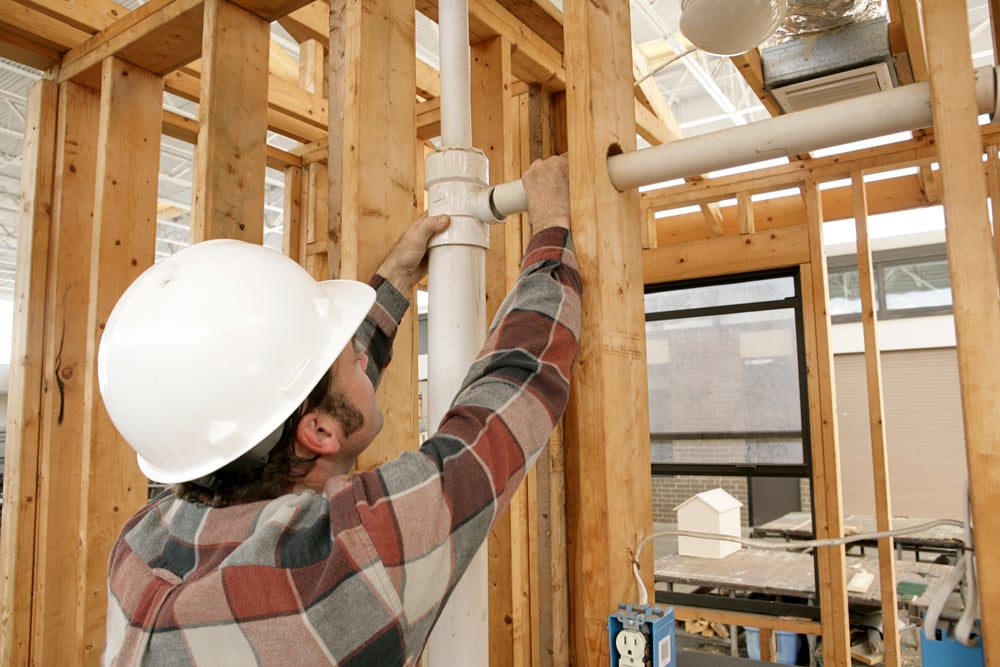
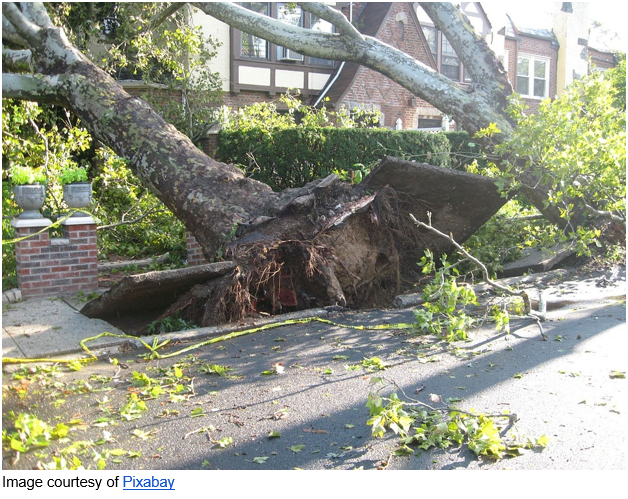
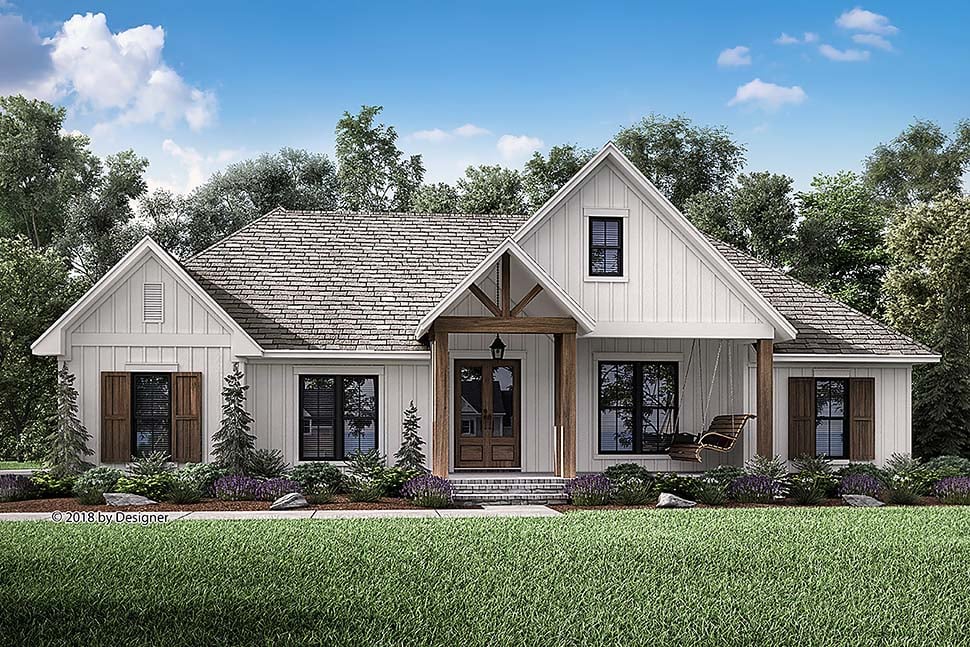
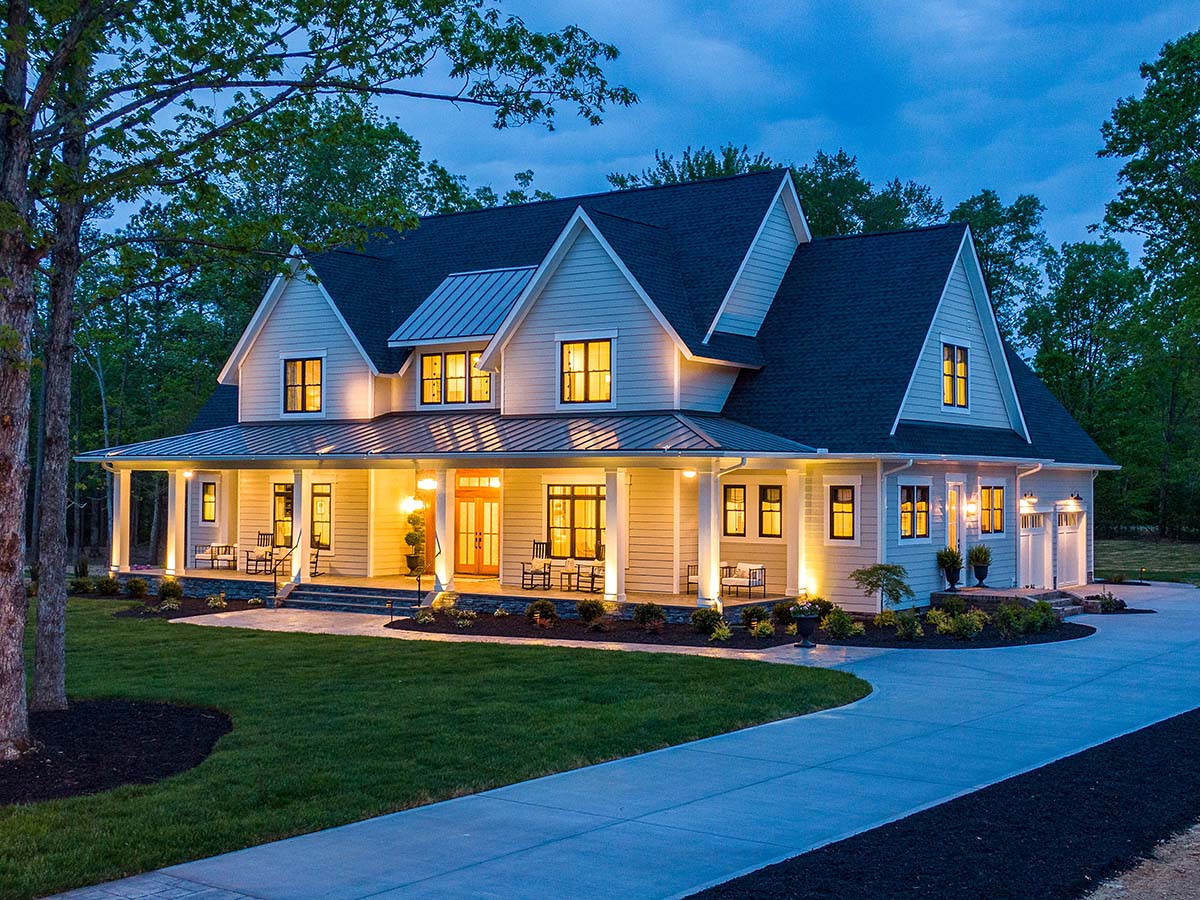

Leave a Reply